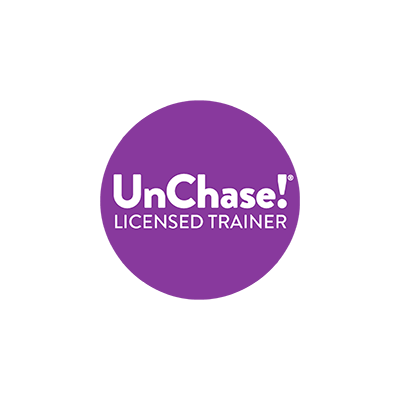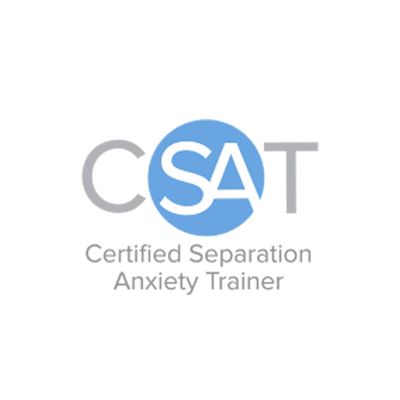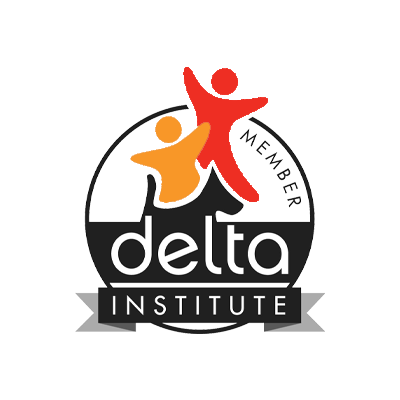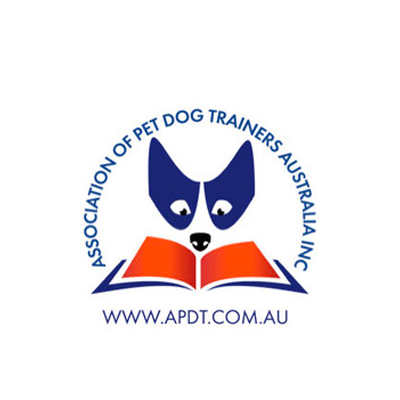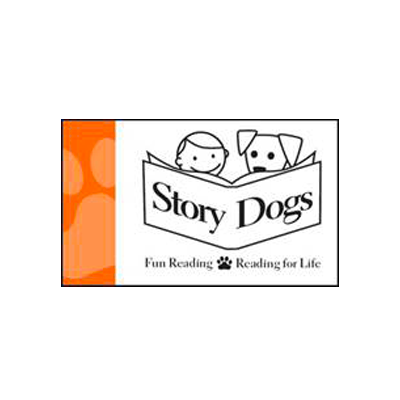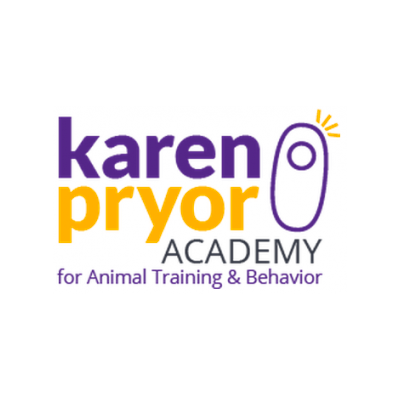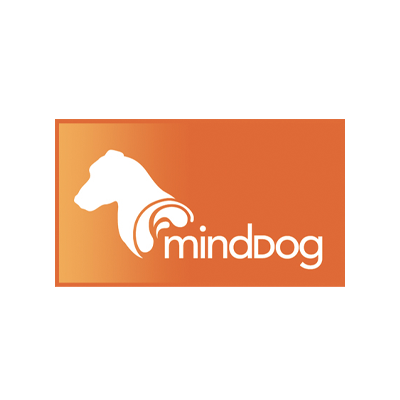What is Force-Free Training?
I feel passionate about your dog’s physical and mental well-being. My holistic dog-centred approach and training philosophy exclusively supports the use of modern force-free dog training, also known as positive reinforcement training.
Force-free dog training is a science-backed method to encourage good behaviours in your puppy rather than punishing undesirable ones. The use of humane techniques and reinforcements such as treats, play or praise to encourage dogs, helps establish a healthy relationship between you and your dog and will build a strong bond that lasts for a lifetime.
You may prefer to train your dog by yourself instead of hiring a professional dog trainer, but you can quickly become overwhelmed. When the training process doesn’t go as imagined or planned, many owners resort to using force or punishment. Whether you do it willingly or unwillingly, the use of force in dog training can never be justified.
You need to understand that dogs are living beings too. They too have emotions and feel pain. If you’re struggling to train your dog, it’s far better to get help from a reliable, certified force-free dog trainer than risk the guardian/dog relationship.
Dogs are sentient beings… they have emotions and feel pain too.
Unfortunately, my industry is unregulated, this poses multiple risks due to the lack of standardised qualifications. Potential dangers include ineffective and harmful training methods, practitioners lacking qualifications, spread of misinformation and absence of accountability.
It’s crucial for guardians to carefully choose an experienced, certified and ethical trainer by checking accreditations, affiliated memberships to recognised worldwide organisations to ensure you are choosing a qualified trainer, who prioritises the well-being and positive development of your dog.
I firmly oppose the use of electronic devices, prong collars, or check chains. My methods do not involve force, coercion, threats, intimidation, or any form of pain that could instil fear, panic or harm the dog. Instead, I focus on building a trusting relationship, through clear communication and positive reinforcement to enhance your connection and relationship with your dog.
My approach focuses on holistic, dog-centred learning, emphasising the importance of interpreting their feelings through reading body language. By understanding how dogs learn, what motivates them and their emotional states, we can effectively encourage, guide and coach them.
This approach allows us to make the learning process enjoyable and enticing, encouraging dogs to respond willingly. Ultimately, this leads to the development of a happy, well-adjusted and confident canine companion.

